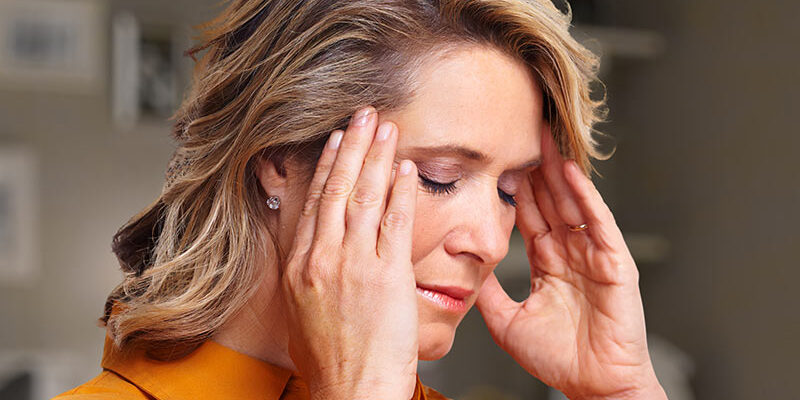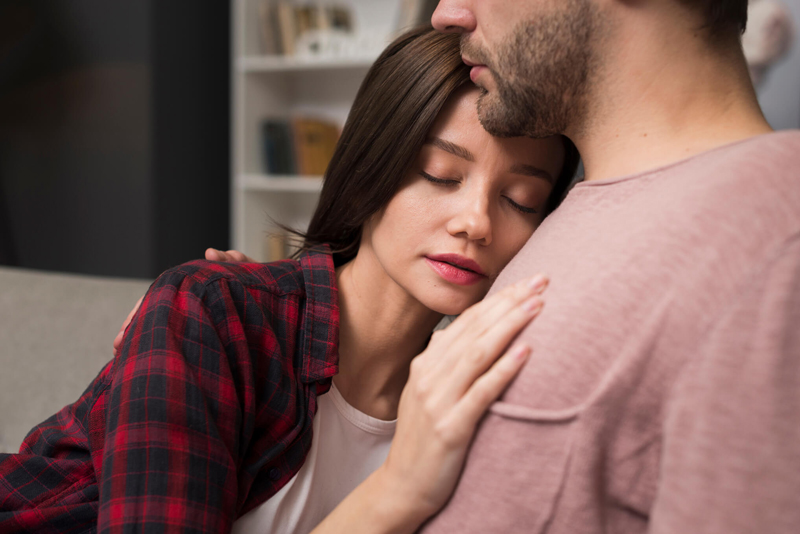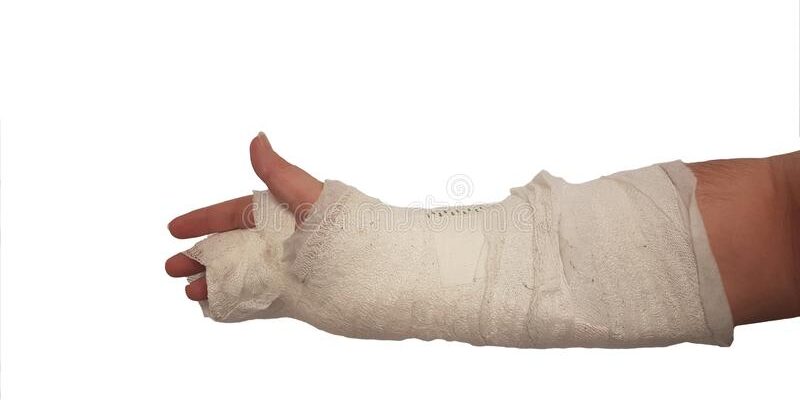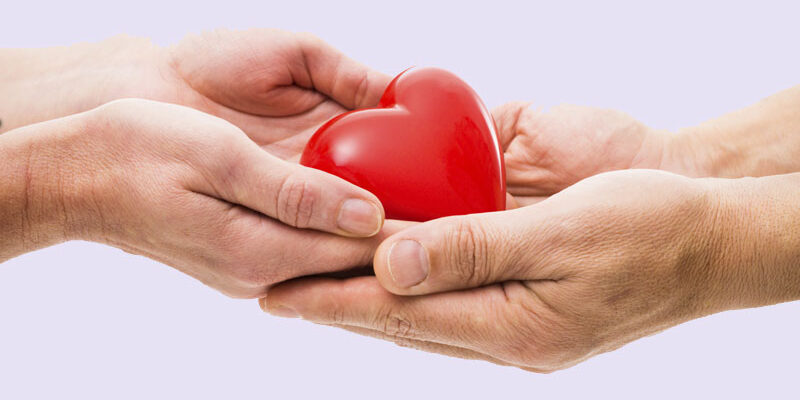Migraines cause pain as real as injury, with one difference: sometimes healthy habits and simple non-medical remedies can stop migraines before they start. Many times the cause of migraines is genetics, your lifestyle or an illness. So today we tell you what to do when you have a migraine.
Here are the recommendations to follow:
Looking for a calm environment
At the first sign of a migraine, take a break and stop what you are doing whenever possible.- Turn off the lights. Migraines often increase sensitivity to light and sound. Relax in a dark, quiet room. Try to sleep.
- Try temperature therapy. Put hot or cold compresses on your head or neck. Ice packs have a numbing effect, which may relieve the sensation of pain. Hot compresses and heating pads can relax tense muscles. A warm shower or bath may have a similar effect.
- Drink a caffeinated beverage. In small amounts, caffeine alone may relieve migraine pain in its early stages or may enhance the analgesic effect of acetaminophen (Tylenol or others) and aspirin. However, you should be careful. If you drink too much caffeine too often, you could eventually get a withdrawal headache. And if you drink caffeine too late, it could disrupt your sleep, which in turn can affect migraines.
Get a good night sleep
Migraines may keep you from falling asleep or wake you up at night. Also, migraines are often triggered by poor sleep. Here are some tips to help you sleep better.- Establish regular sleeping hours. Wake up and go to bed at the same time every day, even on weekends. If you nap during the day, keep it short. Naps longer than 20 to 30 minutes can interfere with nighttime sleep.
- Relax at the end of the day. Anything that helps you relax can promote better sleep: listening to soothing music, taking a warm bath or reading your favorite book. Pay attention to what you eat and drink before you go to sleep. Intense exercise, heavy meals, caffeine, nicotine and alcohol can interfere with sleep.
- Minimize distractions. Reserve your bedroom for sleep and privacy. Don’t watch TV or bring work materials to bed. Close your bedroom door. Use a fan to muffle disturbing noises.
- Don’t try so hard to sleep. The harder you try to sleep, the more alert you will feel. If you can’t fall asleep, read or do another quiet activity until you feel drowsy.
- Check your medications. Medications containing caffeine or other stimulants, including some migraine medications, can interfere with sleep.





